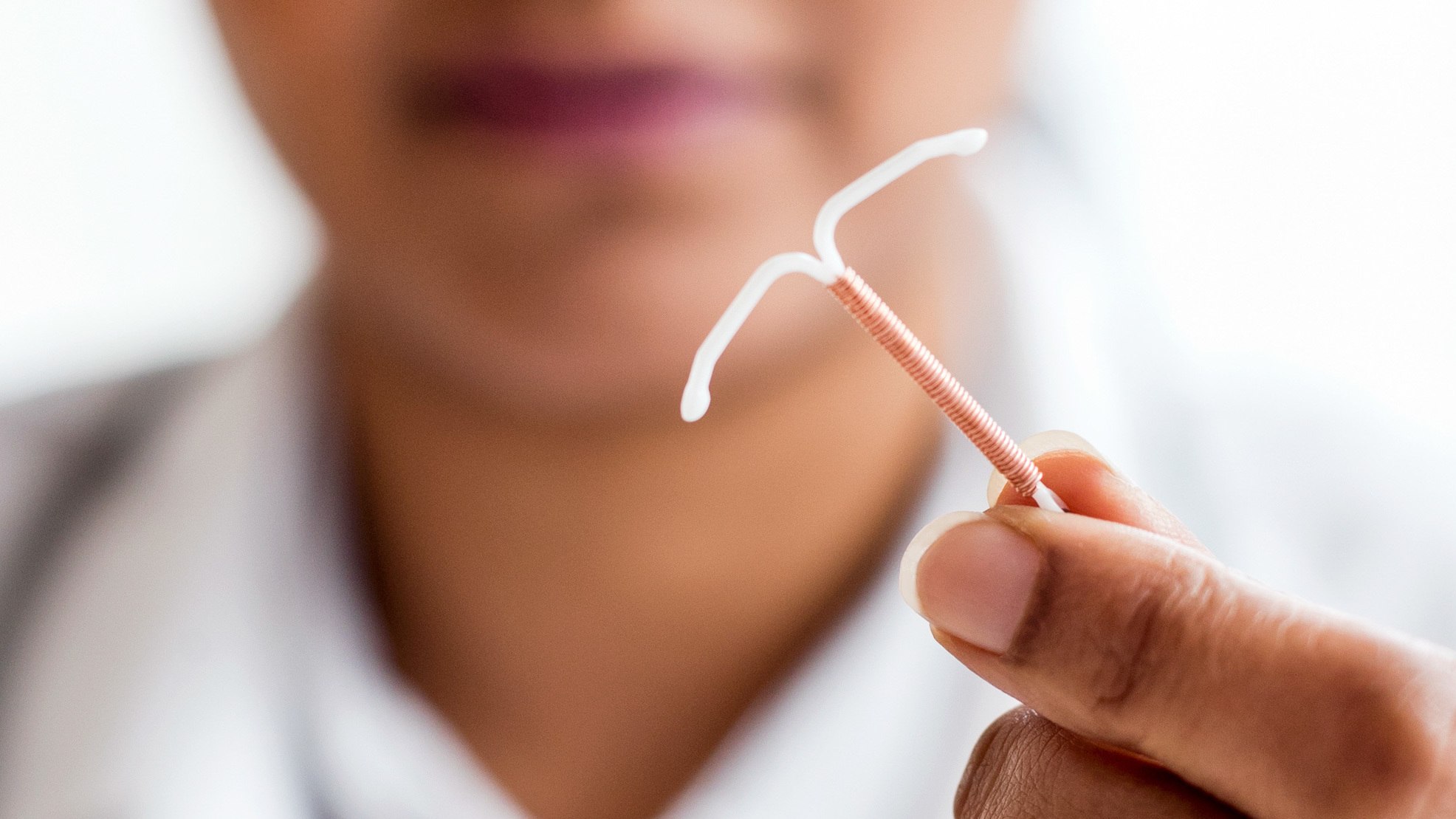
Every year, ovarian cancer kills around 14,000 women in the U.S., and for 80 percent of women who get it, it’s not diagnosed until a late stage. This year alone, there will be 22,530 new cases in the U.S.
Doctors from the University of Colorado School of Medicine on the Anschutz Medical Campus wanted to find better ways to combat the deadly disease. They decided to look at the link between contraception and cancer risk.
In a new study, they found that the use of IUDs may decrease the risk of ovarian cancer. The study, published in the journal Obstetrics and Gynecology, explored the relationship between IUD use and cancer risk by systematically reviewing 11 studies in a method known as meta-analysis.
The researchers found that either type of IUD, hormonal or metal based, was associated with a reduced cancer risk of 15 to 32 percent.
“We know that intrauterine devices are highly effective at preventing pregnancy and at the same time do have noncontraceptive benefits,” said Dr. Saketh Guntupalli, director of gynecologic oncology at UCHealth. “This is very important data, but I do think that each woman should be individualized, and she should talk to her gynecologist about what is the right contraceptive therapy for her.”
Guntupalli said that the research is promising, but it doesn’t mean that women who use IUDs are safe from getting ovarian cancer. He said more research needs to be done, and he acknowledged the limitations of the study. For instance, because the study analyzed past research, the authors weren’t able to identify the amount of time women in the studies used IUDs.
Jillian Henderson, an investigator at the Kaiser Permanente Northwest Center for Health Research in Portland, Oregon, and was not involved in the study, said she agrees there are limitations. But, she said the investigators did a good job of explaining their approach and acknowledging the limitations.
Case control studies, which are the types of studies included in this meta-analysis, are often subject to confounding bias, meaning that it can be hard for researchers to determine a direct link.
“Even though these aren’t the highest level of evidence for detecting an association, and there are some problems with confounding that could be in there,” Henderson said. “The study does really highlight that there’s at least a signal in the evidence that this really effective contraceptive method might have this other benefit of potentially preventing ovarian cancer, and that would be a really big deal.”
IUD use has increased over the last two decades, according to the study, and its use is associated with noncontraceptive benefits, such as treatment of endometriosis and heavy periods. Other forms of birth control, such as oral contraceptives and tubal ligations, have also been shown to decrease gynecologic cancer rates, according to the study.
Ovarian cancer kills more women a year than any other gynecologic cancer. It accounts for more than 22,000 deaths a year worldwide. Guntupalli said he sees many women in his practice who have ovarian cancer, but he doesn’t think anyone should die from the disease.
“It breaks my heart every time I see a woman who comes in with ovarian cancer that's metastatic,” Guntupalli said, “and she tells me, you know, ‘I had symptoms for years, and I told my doctor, and I told my family and everybody ignored me.’”









